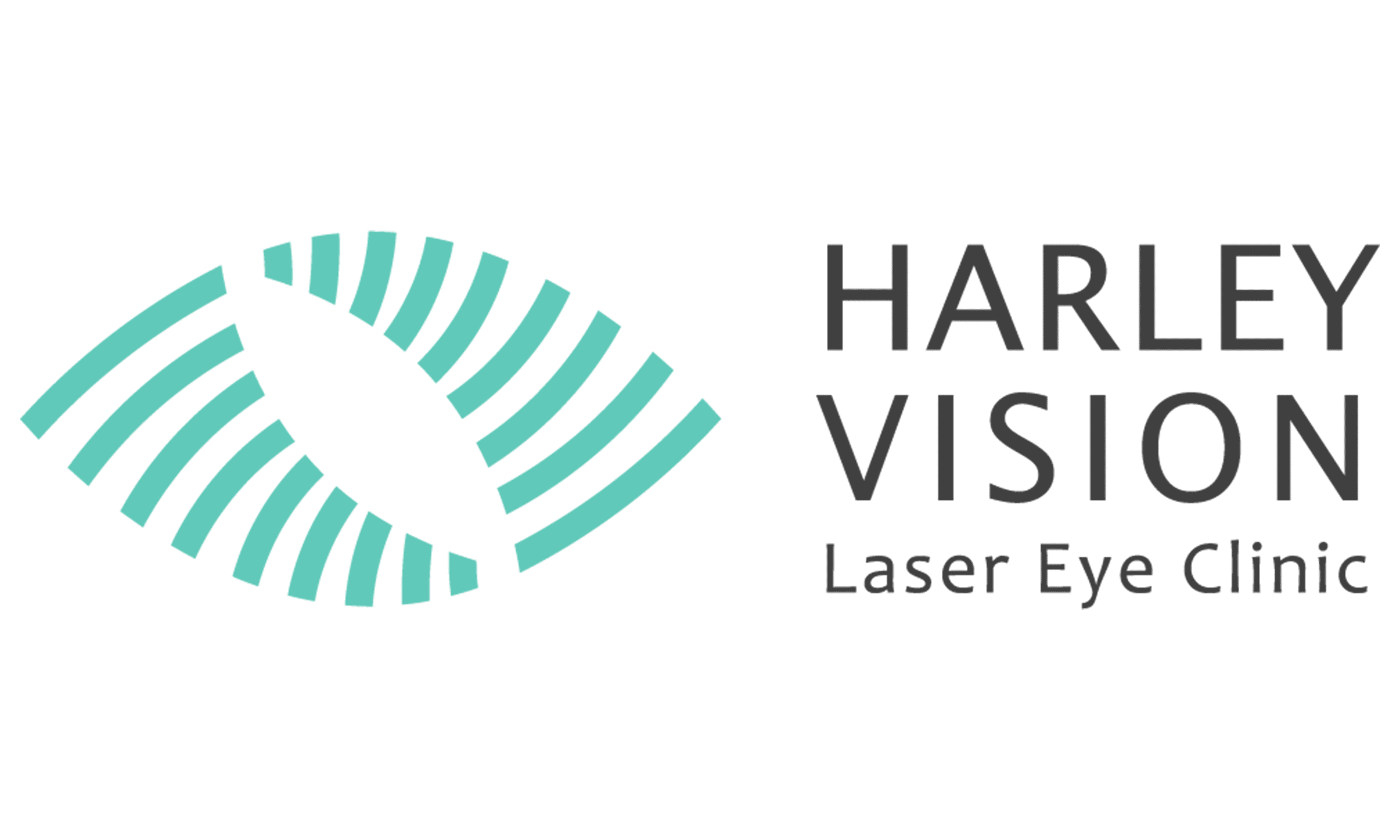What is Keratoconus?
Keratoconus is a progressive eye condition that affects the cornea, the clear, dome-shaped front surface of the eye. In individuals with Keratoconus, the cornea thins and gradually bulges outward into a cone shape. This distortion of the cornea can significantly impact the way light enters the eye, leading to visual impairment.
Why Harley Vision for keratoconus?
Harley Vision is a specialist cornea clinic in London, and the cornea clinicians have extensive experience in treating keratoconus using state-of-the-art surgical and laser technologies. For example, Harley Vision is one of the unique specialist cornea clinics in the world offering cornea crosslinking combined with laser surface remodelling to improve the cornea shape and astigmatism. We also offer standalone epithelium-off conventional and accelerated CXL.
Symptoms of Keratoconus
Symptoms of Keratoconus can vary as the condition progresses but typically include:
- Blurred or distorted vision
- Increased sensitivity to light and glare
- A need for frequent changes in eyeglass prescriptions
- Difficulty driving at night
- A noticeable bulging of the eyes
Causes and Risk Factors
The exact cause of Keratoconus is unknown, but it is believed to be linked to a combination of genetic, environmental, and hormonal factors. Risk factors may include:
- A family history of Keratoconus
- Chronic eye rubbing
- Certain eye conditions, such as chronic eye inflammation
- Environmental factors
- Certain systemic disorders, such as Down syndrome and Ehlers-Danlos syndrome
Diagnosis
Early detection of Keratoconus is crucial for effective management of the condition. Diagnosis typically involves a comprehensive eye exam, including:
- A visual acuity test to measure vision clarity at various distances
- Corneal topography, which maps the surface of the cornea to detect changes in its shape and thickness
- A slit-lamp examination to closely examine the cornea and other parts of the eye
Treatment Options
While there is no cure for Keratoconus, several treatments can help manage the condition and improve vision. Treatment depends on the severity of the condition and how quickly it is progressing. Options may include:
- Eyeglasses or soft contact lenses for mild cases
- Rigid gas permeable contact lenses for more advanced cases to improve vision by smoothing the irregular cornea
- Collagen cross-linking to strengthen the corneal tissue and prevent further worsening of the disease
- Laser eye surgery to improve the cornea shape and overall quality of vision
- Implantable collamer lens (ICL) surgery to improve vision without spectacles
- Corneal inserts or intacs to flatten the cornea and improve vision
- Corneal transplant in severe cases where vision cannot be corrected with other treatments
Living with Keratoconus
Living with Keratoconus can be challenging, but with the right treatment plan, many individuals can maintain an active lifestyle and good vision. Regular follow-ups with an eye care professional are essential to monitor the condition and adjust treatments as needed.
For more information or to schedule an appointment, please contact Harley Vision on
+44 207 030 3181, or email: [email protected] Our team is dedicated to providing you with the support and care you need to manage Keratoconus effectively.
Frequent asked questions (FAQs):
Implantable collamer lens (ICL) surgery can have marvellous results in the right patient in keratoconus. The outcome depends on the shape of the eye, and type of astigmatism that the keratoconus is causing. It is also important for your eye prescription to be stable.
Our cornea and refractive surgery specialists at Harley Vision have excellent experience in using ICLs for keratoconus, and can guide you as to whether or not you are a suitable candidate.
Cornea crosslinking is highly effective to halt the progression of cornea ectasia (e.g. keratoconus, post LASIK ectasia, etc). At times, the treatment can be successful in improving cornea shape and vision.
The success rate of cornea crosslinking depends on a number of variables. Overall, cornea collagen crosslinking success rate in achieving long-term stabilisation of keratoconus is between 85-95%. (REF1 and REF2)
Cornea crosslinking can additional improve cornea shape and vision, in addition to the advantage of stabilising keratoconus.
Even in the the most at risk group (paediatric, i.e. children) where keratoconus is known to be more aggressive, cornea crosslinking can improve and stabilise vision in about 82% of eyes. (REF3)
Risk factors for poor response to cornea crosslinking include: young age, thin cornea (<480um), high astigmatism, poor initial vision and eczema.
In collagen corneal crosslinking, the surgeon uses riboflavin eyedrops on the eyes. After this, the eyes are treated with a special type of UV radiation. The UVA reacts with the riboflavin to form a reactive oxygen species that react with the collagen fibrils in the corneal stroma. This strengthens the bonds between the collagen fibrils, and hence making the cornea stiffer. The main aim of the corneal crosslinking is to prevent further thinning of the cornea.
Removing the epithelium, manually or by laser, takes up to one minute. Riboflavin eye drops are then applied on the eye for 10 minutes. The eye is then treated with the machine emitting UV radiation for 8-10 minutes. The entire corneal crosslinking procedure takes place under local anaesthesia in about 20-30 minutes.
The clinical director of Harley Vision, Mr Mukhtar Bizrah, regularly performs cornea graft (cornea transplant) surgeries, including partial and full thickness techniques. Harley Vision is a subspecialist cornea clinic in London that treats complex cornea conditions from all over the world. Our cornea specialist has extensive experience in performing cornea graft surgeries on complicated eyes. Rest assured that you will be in safe hands for cornea transplant surgery in London with Harley Vision.
